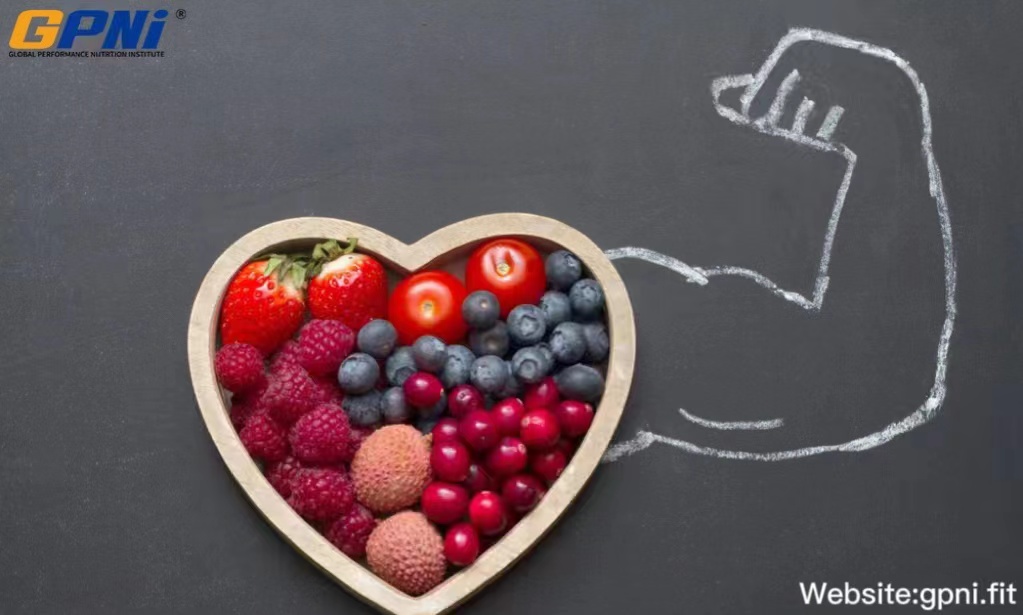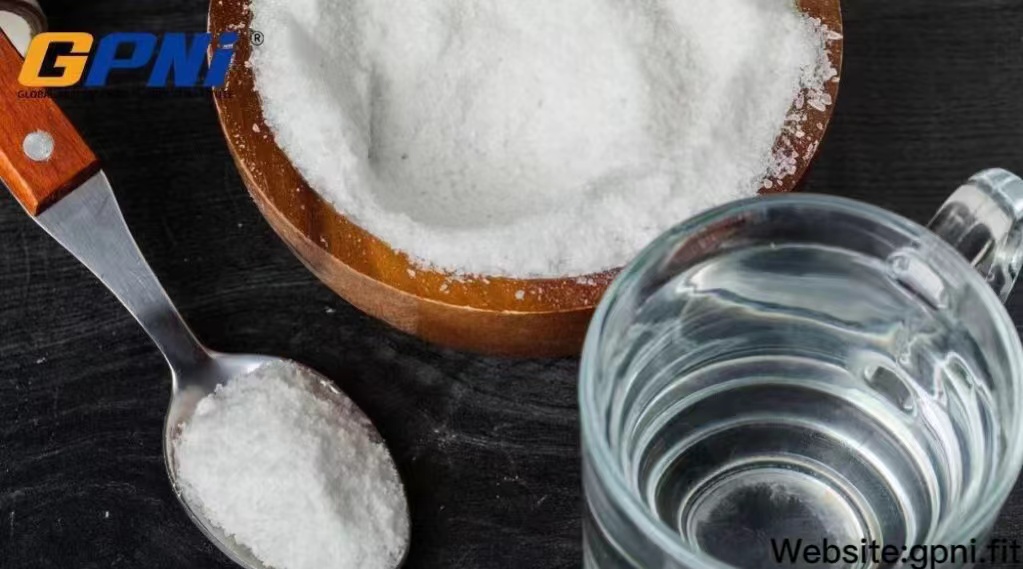Editorial By Cassie Evans
Sugar is one of those things that is the source of heated debates. People frequently express being addicted to sugar or swearing it off for good. Insert alternative sweeteners, both natural and artificial, and the confusion continues. Is sugar really bad for you? Are artificial sweeteners toxic? Is natural really better for you?

The most common form of sugar is the disaccharide sucrose. A disaccharide, as the name implies, are two monosaccharides, in this case glucose and fructose linked together.
Sugar is naturally occurring in fruits, dairy and even vegetables (ex. Cucumbers, eggplants and green beans to name a few). Aside from adding sweetness to food, sugar can help keep baked goods soft and moist or add brown color to food items (Maillard reaction). In cooking, sugar can be used to offset acidic or bitter flavors. Don’t forget, sugar can even give us energy (the body converts glucose to ATP). Sugar has many purposes yet it is still one of the most hated nutrients around. There is plenty of research that demonstrate the detrimental effects of consuming too much sugar. High intakes of added sugar are linked to increased risk of diabetes, obesity and cardiovascular. So the obvious solution would be to remove all sugar from the diet to eliminate these risks, right? If only it were that simple! Research has found eliminating or reducing sugar intake without any other lifestyle modifications does not significantly reduce these risks.

Sugar substitutes, as the name implies, are often used in placed of traditional sugar. There are a range of sugar substitutes including artificial sweeteners and “natural” sweeteners. These may be incorporated into the diet to reduce sugar intake or help individuals with diabetes enjoy favorite foods without large spikes in blood sugar. Just like sugar, which sugar substitute is the best is a high debated topic. One school of thought it that natural is ALWAYS better. Natural sweeteners include stevia, honey and monk fruit. Natural does not automatically convey safe or better for health. Example of natural, plant-based things that are deadly when ingested include castor beans, rosary peas, oleander and tobacco (smoking tobacco takes longer to kill you compared to eating it). Artificial sweeteners, a favorite in the world of a diets, are low calorie or calorie free and offer an intense sweet flavor. Saccharine (Sweet’n Low), aspartame (Equal), sucralose (Splenda) are popular artificial sweeteners. But are they safe? A handful of studies have observed increased risks of certain cancers in chronic use but it is important to take the dose or amount into consideration. These studies generally use doses ranging from 5-50 mg/kg/day. Lets put that into perspective. A 70 kg individual would need to chronically consume between 350-3500 mg of artificial sweetener a day. That is the equivalent of 29-291 packets of Splenda. The FDA suggests the intake of artificial sweetener below 1/100 of the no observed adverse effect level to be safe.
Given all this information, it can be tricky to figure out what sweetener is best to use. As with most things, the choice between old-fashioned sugar, natural sugar substitutes or artificial sweeteners is based on personal choice. For those that are looking to reduce sugar intake without sacrificing the taste, artificial sweeteners may be the way to go. For those that may be sensitive to artificial sweeteners (ex stomach issues), natural sweeteners are a great alternative. For those who don’t care for the taste of sugar substitutes, sugar is for you. No matter what your choice may be, remember moderation is key!

Cassie Evans (MS, RD, CISSN). Official Editorial Writer for GPNi®.
Cassie Evans is a registered dietitian and a published researcher. She has studied sports nutrition and completed an internship with the University of Miami Sports Nutrition Team and Nova Southeastern University’s sports performance team. She holds a Bachelor of Science in Exercise and Sports Science and received her CISSN in 2018. She is currently pursuing her doctorate in Human and Sports Performance from the Rocky Mountain University of Health Professions.
References:
- Rippe JM, Angelopoulos TJ. Relationship between Added Sugars Consumption and Chronic Disease Risk Factors: Current Understanding. Nutrients. 2016;8(11):697. Published 2016 Nov 4. doi:10.3390/nu8110697
- Welch KD, Panter KE, Gardner DR, Stegelmeier BL. The good and the bad of poisonous plants: an introduction to the USDA-ARS Poisonous Plant Research Laboratory. J Med Toxicol. 2012;8(2):153-159. doi:10.1007/s13181-012-0215-5
- Kupper J, Reichert C. Vergiftungen mit Pflanzen [Intoxications with plants]. Ther Umsch. 2009;66(5):343-348. doi:10.1024/0040-5930.66.5.343
- Sharma A, Amarnath S, Thulasimani M, Ramaswamy S. Artificial sweeteners as a sugar substitute: Are they really safe?. Indian J Pharmacol. 2016;48(3):237-240. doi:10.4103/0253-7613.182888
- Whitehouse CR, Boullata J, McCauley LA. The potential toxicity of artificial sweeteners. AAOHN J. 2008;56(6):251-261. doi:10.3928/08910162-20080601-02







